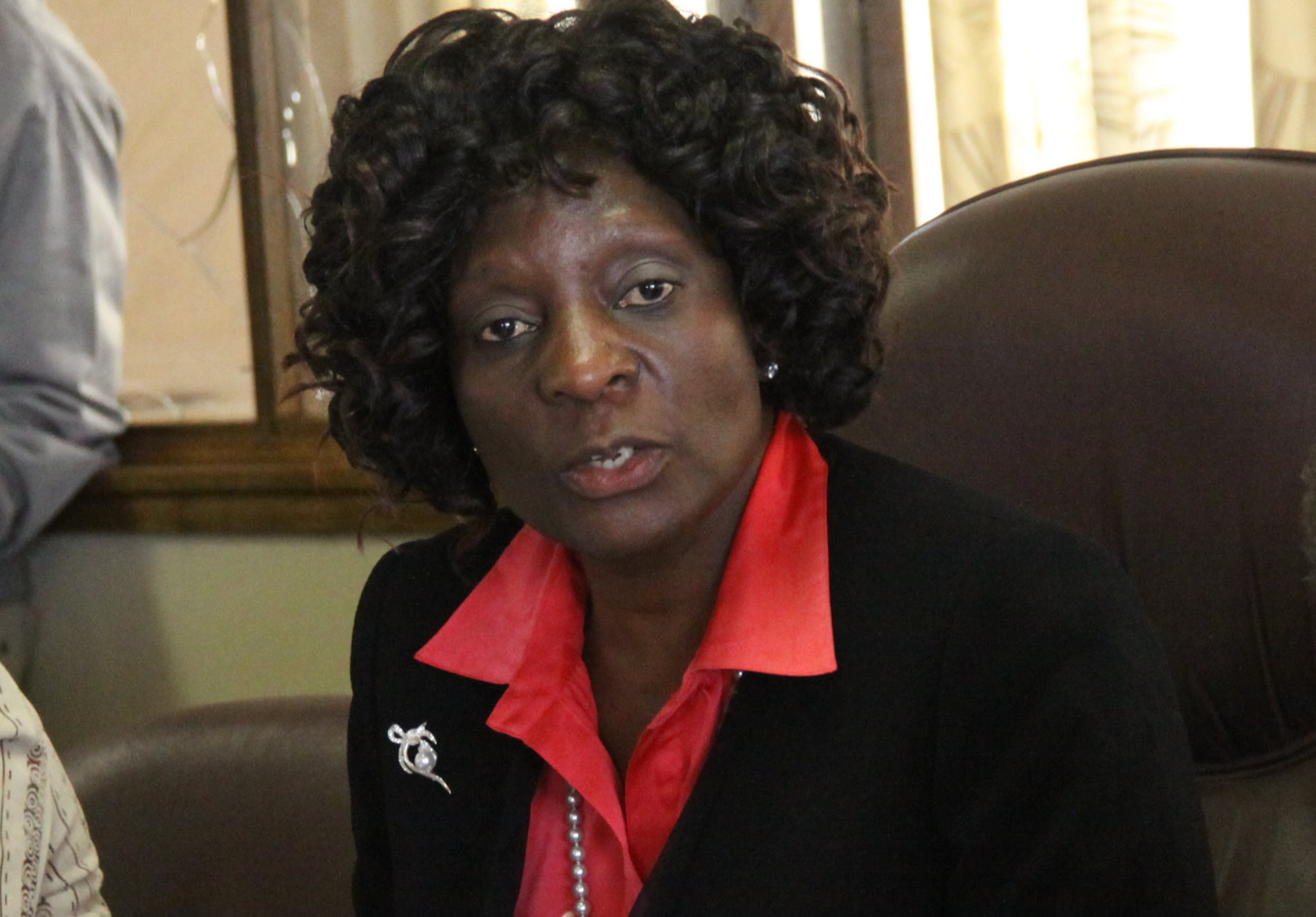‘No laws authorising salary freeze’

Senior Court Reporter
Zimbabwe does not have laws authorising a party to freeze salaries or wages but parties involved in a dispute can reach agreement through negotiation, an arbitrator has ruled. Independent arbitrator and top labour lawyer, Caleb Mucheche made the ruling in a case in which the Insurance Employees Union was awarded a salary increase of two percent for the period January to December 2015. Mucheche said employers who could not afford to pay the salary increase might apply for exemption to the National Employment Council for the Insurance Industry.
In the arbitration award dated April 16, Mucheche held that only agreements between employers and employees could resolve salary increase disputes and that statements by the Reserve Bank of Zimbabwe or other government officials had no legal force.
“There’s no law on wage increase or freeze in Zimbabwe but employer and employee parties in various sectors can negotiate on terms and conditions of employment for their different sectors.
“Perhaps the respondent misconstrued the general opinion allegedly made by the Reserve Bank of Zimbabwe governor, John Mangudya early this year, to mean that there’s a law on salary freeze in Zimbabwe.
“At the moment, no such law exists and personal views of the central bank governor don’t have any force of law because he doesn’t have legislative authority to make law on wages or salaries,” ruled Mucheche.
Mucheche said collective bargaining was the best way to go. “However, it’s up to the employers and employees to negotiate and collectively bargain concerning salaries and other conditions of employment. If both parties agree to maintain the status quo, clearly it’s still within their powers because the hallmark of collective bargaining is the voluntary autonomy of the parties.”
The insurance workers wanted a five percent salary increase but Mucheche considered the economic challenges facing the country and reduced it to two percent. The Insurance Employers’ Association had opposed the application pleading hardship.
The employers argued that the economy was underperforming and that government officials were on record calling for restraint in salary increases.The employers cited, among others, erratic and inadequate power supplies, obsolete infrastructure, a high external debt overhang, liquidity challenges and lack of medium to long-term finance as major challenges facing the Zimbabwean economy.










Comments